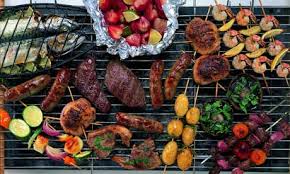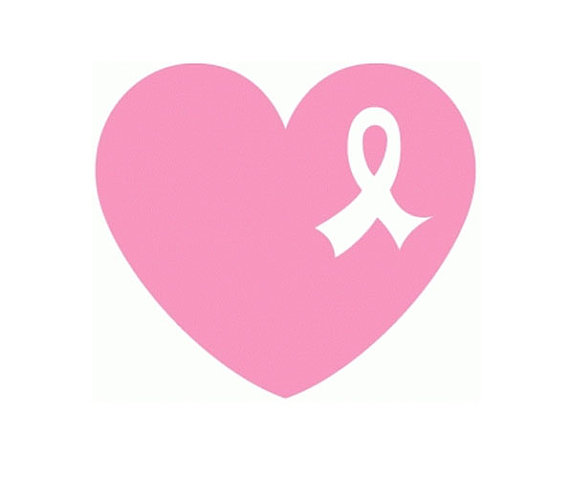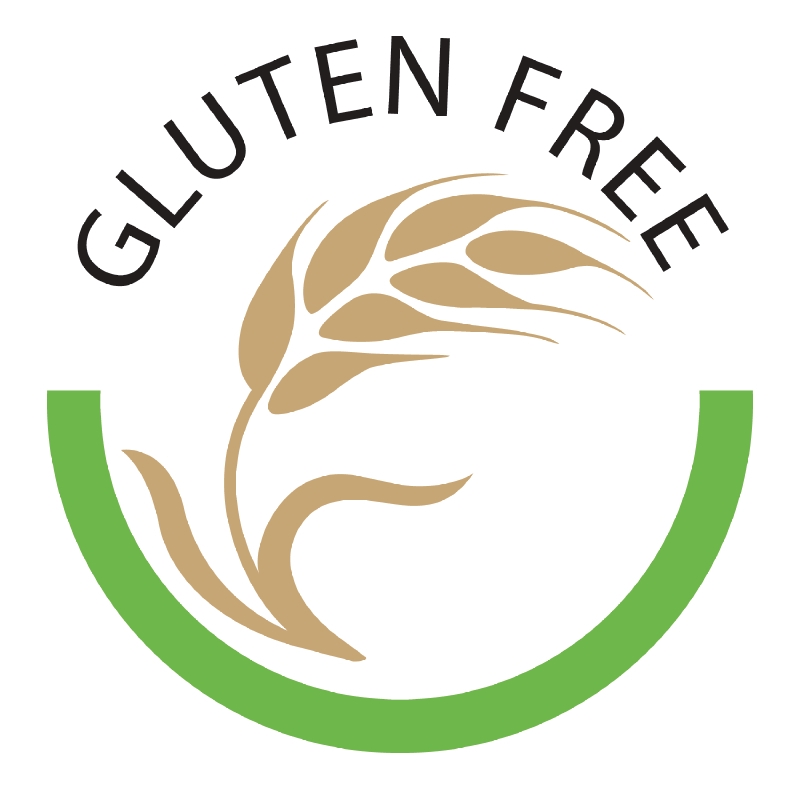 Grilling outdoors for many is the highlight of the spring and summer months. The smell of the smoky embers, while tantalizing, can forewarn of possible carcinogenic food changes during the grilling process. Knowing what these changes are doing to the food and how to lessen your exposure to them is important not only for food safety, but also for personal health.
Grilling outdoors for many is the highlight of the spring and summer months. The smell of the smoky embers, while tantalizing, can forewarn of possible carcinogenic food changes during the grilling process. Knowing what these changes are doing to the food and how to lessen your exposure to them is important not only for food safety, but also for personal health.
Since the 1990’s, research has been focusing on the production of PAH’s (polycyclic aromatic hydrocarbon’s) and HCA’s (heterocyclic amines) when food is exposed to high temperature open-flames. The burning creatine, a protein found in meats, changes the composition of the meat and renders it potentially harmful for consumption. “Researchers found that high consumption of well-done, fried, or barbequed meats was associated with high risks of colorectal, pancreatic, and prostate cancer” (NIH).
Red-meat sources, such as steaks, ribs, and sausage, are particularly high in the production of PAH’s and HCA’s, increasing the risk up to 3.5x higher than oven-cooked or broiled meats! (Clower, 2014)
When the barbeque starts smoking from dripping fats, it leads to food contamination and the destruction of the normal fat, protein and carbohydrate structure of the meat itself. The smoke emits carbon monoxide and PAH’s, which are both harmful to the lungs. The PAH’s enter the body’s cells and can precipitate damage to the mitochondria and DNA, both of which are necessary for proper cellular repair and function. (Atik, 2014)
At this point you may be wondering if it’ll ever be safe to grill again. The answer is yes. By taking simple precautions, you can continue to enjoy a wonderful meal cooked outdoors:
- When cooking red meats, open the grill to allow the smoke to dissipate, and only sear the meats to medium-rare; finish cooking the meat in the broiler or oven if needed.
- Focus more on chicken and fish because they have less creatine in the muscle meat.
- Think outside the meat department. A wide array of vegetables and fruits, such as pineapple, can both be safely grilled, since they contain no creatine.
- Don’t let meats become blackened and charred; this is a recipe for carcinogens!
- Marinades, such as stout beer, wine, tea, teriyaki, and turmeric-garlic mixes are ideal for soaking meats in prior to grilling. Not only does it give the meat delicious flavor but the marinades have been shown to lessen the risk of meats forming PAH’s & HCA’s by 50% (Atik, 2014).
- Finally, herbs that contain antioxidants that protect meats during grilling include basil, mint, rosemary, sage, savory, marjoram, oregano and thyme (Clower, 2014). These can be rubbed directly onto the meat or put into the marinades for added flavor.
Enjoying the backyard barbeque with food safety in mind can be accomplished through simple steps of preparation, marinades, and venting the grill to allow poisonous vapors to blow off. Keep food lightly seared, and avoid blackening the meats. Try grilling fruits and vegetables for added variety and flavor. Summer grilling, or year-round for those willing to brave the harsher weather, can be safely accomplished with these measures.
Contributed by Terri Caunt, R.N., B.S.N.
Bibliography
Atik, N. (2014, July 30). Your BBQ could give you Cancer – tips for enjoying a healthier cookout. Retrieved July 26, 2015, from Mirror: www.mirror.co.uk/lifestyle/health/your-bbq-could-give-you-3937181
Clower, D. W. (2014, May 21). Here’s how to avoid carcinogens when you’re grilling. Retrieved July 26, 2015, from Mind Body Green: www.mindbodygreen.com/0-13850/heres-how-to-avoid-carcinogens-when-youre-grilling.html
NIH. (n.d.). Retrieved July 26, 2015, from NIH – National Cancer Institute: www.cancer.gov/about-cancer/causes-prevention/risk/diet/cooked-meats-fact-sheet






